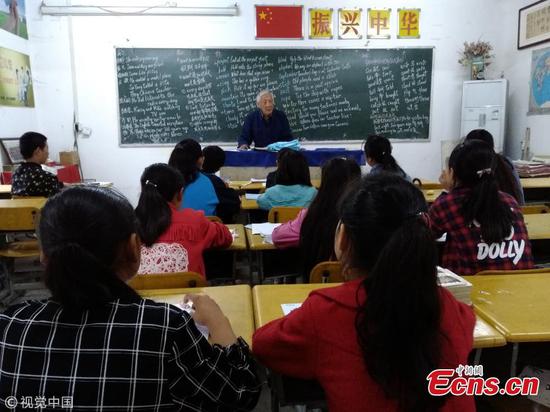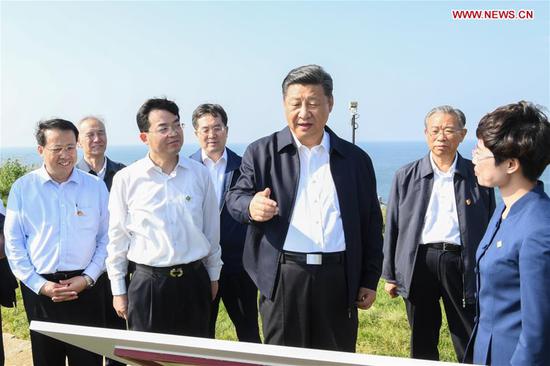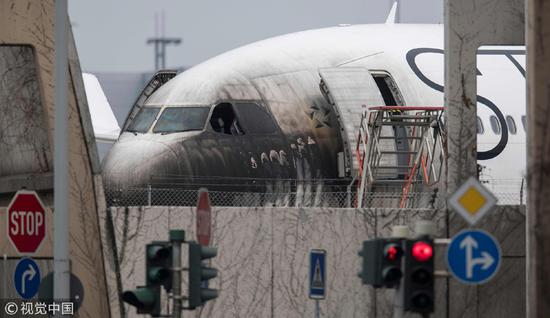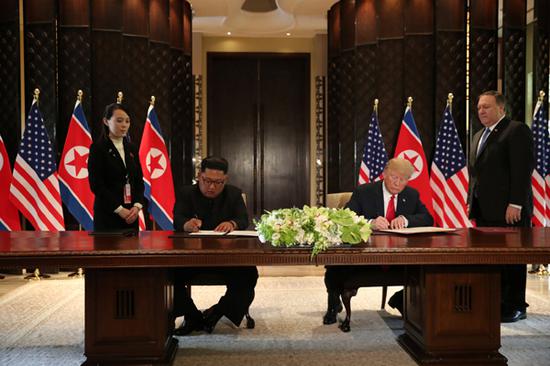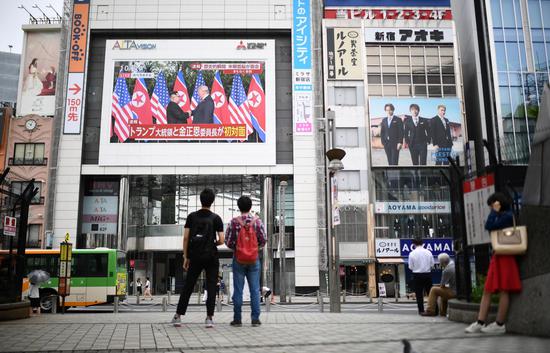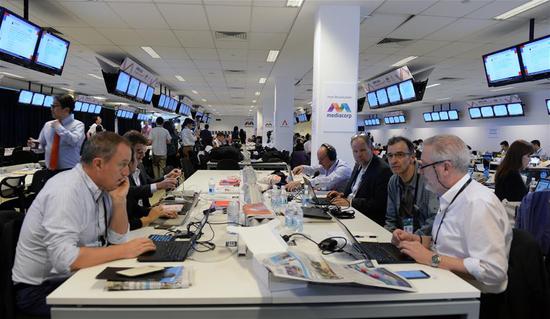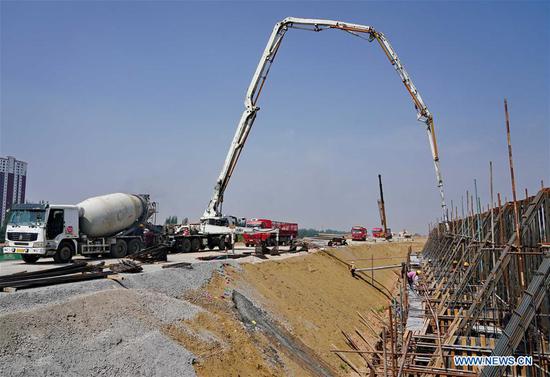Fairer environment for China's manufacturing workers is urged following reports criticizing Foxconn
While Foxconn said it is conducting a full investigation of working conditions in its Hengyang plant in Central China's Hunan Province after a U.S. watchdog disclosed its "unethical" and "illegal" labor practices, a Chinese labor expert has urged better conditions for factory workers so they can enjoy the achievements that China's reform and opening-up produced over the past four decades.
Chinese workers, in particular dispatch or agency workers, have contributed a lot in the past few decades to the country's economic development.
Their status should get more attention amid China's pursuit of a high-quality economic transformation, said the expert.
A regular employee at a Foxconn plant in Zhengzhou, capital of Central China's Henan Province, where the first batch of iPhoneXs left for overseas markets in October 2017, told the Global Times Tuesday that workers are "very willing" to work overtime.
According to the employee, working overtime can double or triple standard wages, adding that his colleagues look forward to peak season, when big orders from customers such as Apple are placed.
"During peak season, which is on average three to four months per year, I can earn 5,000-6,000 yuan ($780-936) per month after insurance, housing funds and taxes are deducted. But during the low season, maybe I can earn only 1,000-2,000 yuan," said the worker, who asked to remain anonymous.
"But the company wants to control costs and doesn't let us work overtime," he said.
Another regular Foxconn factory worker, whose daily work consists of inspecting certain components of the iPhone before assembly, told the Global Times Tuesday that many agency workers left during the current low season.
"During the last peak season, there were about 400,000 Foxconn workers in the Zhengzhou Xinzheng Integrated Bonded Zone. Now there are only 60,000-70,000," said the second worker, who also asked to remain anonymous.
Lin Xinqi, a research fellow of the National Academy of Development and Strategy at the Renmin University of China, told the Global Times Tuesday that there is a relatively higher proportion of agency workers in the contract manufacturing industry in China. This group signs contracts with third-party agencies instead of companies.
"Dark corners exist in these agencies as they tend to take the money that was originally for the workers by the working company," Lin said.
"Meanwhile, agency workers are badly needed by contractors like Foxconn, which cares a lot about cost control, since it is at the lower end of the industrial chain with limited profits and thus not able to hire vast numbers of regular workers."
Foxconn said in a statement sent to the Global Times Sunday that "if an agency is found to be violating our Code of Conduct or to be conducting business practices that are not consistent with the values of our company, we immediately cease working with that firm."
The comment came after Britain's Guardian newspaper published a report on Saturday claiming that Taiwan-based Foxconn's factory in Hengyang, which makes Amazon's electronic products including the Kindle, has been violating workers' rights by hiring an illegal number of dispatch workers and not paying them properly for overtime.
The Guardian report cited an investigation by China Labor Watch, a U.S. non-governmental organization, which found that at Foxconn's Hengyang plant, regular workers are paid overtime, but the dispatch workers earn 14.5 yuan per hour for all hours that they work, whether during their normal schedules or overtime hours.
The Hengyang Workers' Union said it had not seen the China Labor Watch report about Foxconn's local plant when reached by the Global Times on Monday, and it did not reply to a request for further comment as of press time.
Similarly difficult situations prevail at all contract manufacturers in China, the result of rising labor costs and labor rights awareness in recent years.
"The role of the workers' union in China should be strengthened to defend these workers' rights," said Lin.










